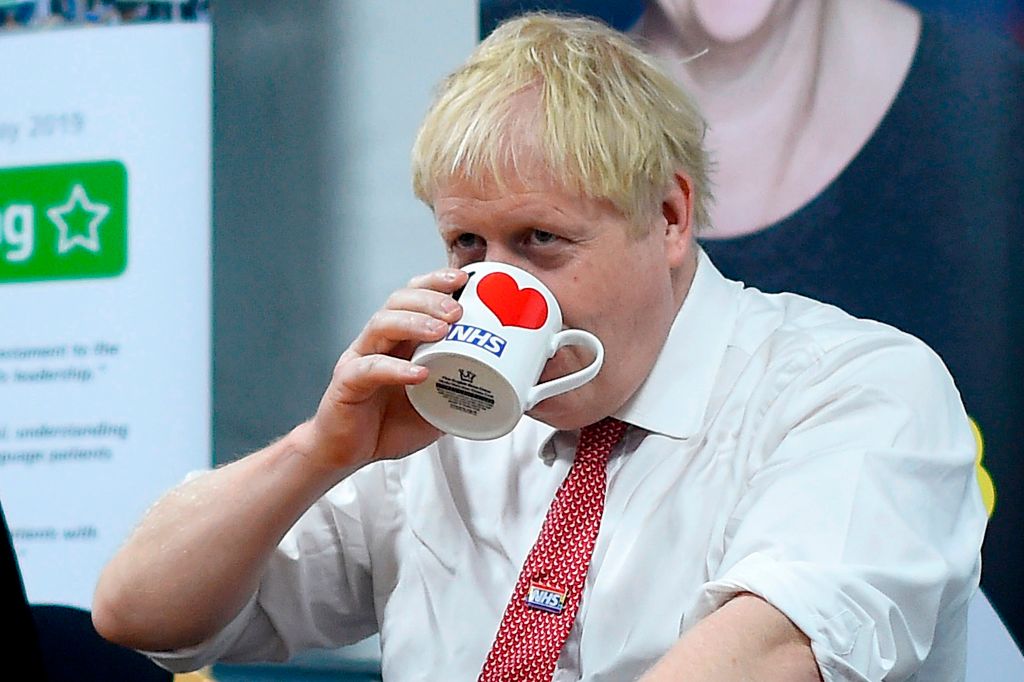I’m sending someone down to the supermarket later to do a bit of shopping on my behalf. I have given them a rough idea of what I want but my main instruction is that they must spend the entire £150 that I am giving them.
If that was really how I did my shopping it isn’t hard to imagine the result. I would end up with bagfuls of stuff I didn’t really want and didn’t need. Some of the food might be good value but an awful lot of it wouldn’t be. Whoever did my shopping would simply pile up the trolley as quickly as they could, until they had spent my £150.
It sounds stupid, so why, then, are the main parties promising to do a very similar exercise with the NHS?
This morning, Labour and the Conservatives have engaged in an arms race over how much they can promise to spend. The Tories want to increase spending from £121 billion this year to £149 billion (in today’s terms) in 2023/24. Labour has said it wants spending to increase to £155 billion.
Wouldn’t it be a bit more informative if the two parties boasted in terms of what they want to achieve rather than what they want to spend?
True, you can’t get a good healthcare system without spending an awful lot of money, but there are, surely, factors which matter as much as the sheer quantity of money which gets spent.
What about efficiency?
What about cutting down on waste and health tourism?
What about spending priorities: are Labour and the Conservatives going to prioritise emergency medicine, or GPs’ surgeries?
Do they want to spend the extra money, for example, on cancer diagnostics, radiotherapy and chemotherapy, or are they going to spend more money or prevention, prescribing things like gym membership which, while they could potentially make a difference to people’s chances of contracting cancer, might be better funded directly by the individual rather than through taxes.
These are all important decisions which will determine the direction and quality of the NHS. It can’t provide everything. Yet we hear little of these kind of debates in election campaigns – just bragging about how much cash parties are going to splash around.
It isn’t certain extra cash will improve the NHS one bit. It could be that the extra cash gets mostly swallowed up in pay rises. That is what happened when Gordon Brown splurged billions on the NHS in the early 2000s: plenty of it disappeared into the pockets of GPs who found their badly-negotiated new contracts qualified them for generous extra payments for things they were doing already.
The Blair government’s record on healthcare stands as an object lesson in why a government should never define achievement in terms of how much money it is spending. In terms of NHS funding, the Blair and Brown governments stand out above all others – between 1997 and 2010 they increased real terms NHS spending by 6 percent a year, compared with an average of 4 percent for all governments since 1948. Yet it was also Blair and Brown who gave us the target culture which contributed to the Mid Staffs scandal, which burdened hospitals with huge bills for expensive and inflexible PFI contracts and which wasted £10 billion on an NHS IT system which never worked.
There is a clear moral: in deciding how to vote, never be impressed with raw spending promises, on the NHS or anything else. Look at the small print, at how the money is going to be spent, judge how efficient expenditure is going to be. It sounds obvious but sadly it tends to get lost amid an election campaign.







Comments